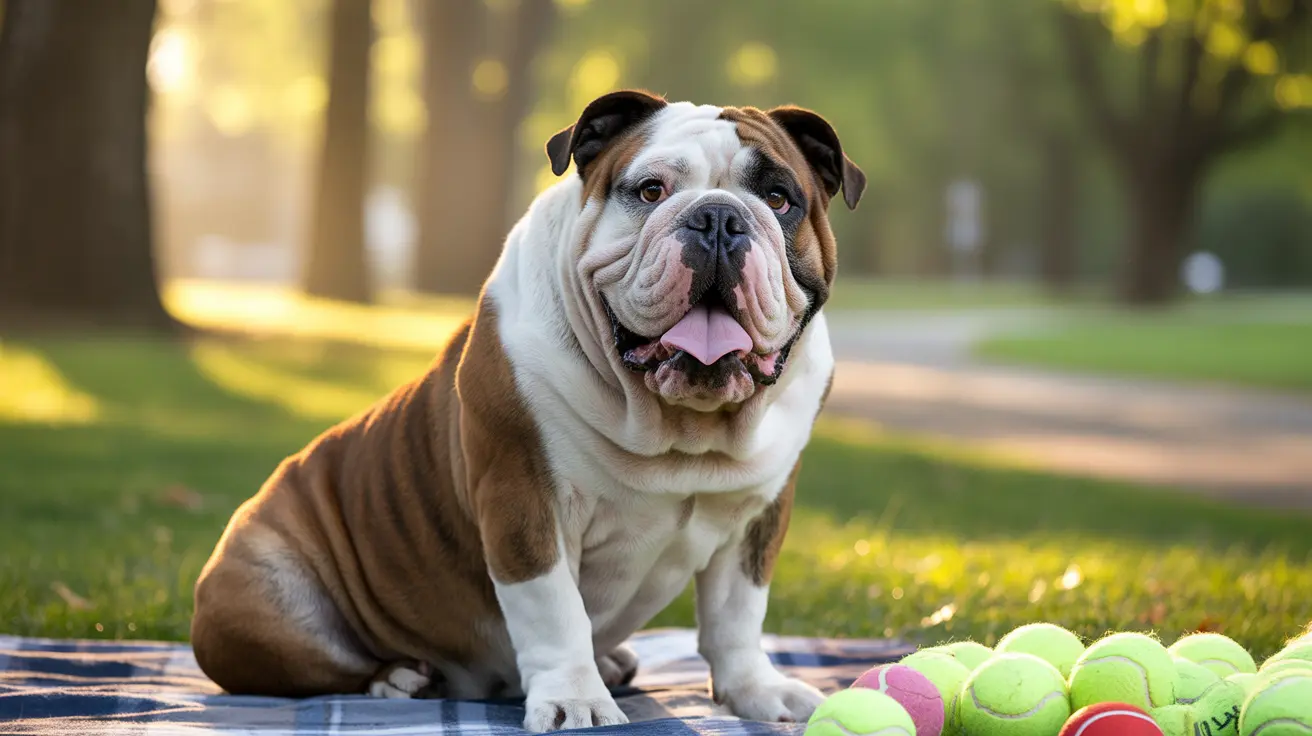Understanding Open-Mouth Breathing in Dogs
When you notice your dog breathing with their mouth open, it's essential to understand whether this behavior is normal or a sign of concern. Dogs naturally pant to regulate their body temperature since they don't sweat like humans do. However, certain patterns of open-mouth breathing can indicate underlying health issues that require immediate attention.
As a responsible pet owner, recognizing the difference between normal panting and problematic breathing patterns could save your dog's life. This comprehensive guide will help you understand when open-mouth breathing is typical and when it signals a medical emergency.
Normal vs. Concerning Open-Mouth Breathing
Normal open-mouth breathing typically occurs during or after physical activity, excitement, or exposure to warm temperatures. Your dog's breathing should return to normal within a reasonable time once they've cooled down or rested.
However, be alert for these warning signs that indicate problematic breathing:
- Excessive drooling
- Blue or purple-tinted gums
- Labored breathing at rest
- Unusual breathing sounds
- Reluctance to lie down
- Extended neck posture
Common Causes of Open-Mouth Breathing
Heat-Related Issues
Heatstroke is a serious condition that can cause excessive panting and open-mouth breathing. It commonly occurs when dogs are left in hot cars or exercise in high temperatures. This is a medical emergency requiring immediate veterinary care.
Medical Conditions
Several health issues can cause abnormal open-mouth breathing:
- Heart disease
- Respiratory infections
- Laryngeal paralysis
- Cushing's disease
- Pneumonia
- Lung diseases
Breed-Specific Concerns
Brachycephalic breeds (flat-faced dogs) like Bulldogs, Pugs, and Boston Terriers are particularly prone to breathing difficulties due to their facial structure. These breeds often require special attention and care to prevent respiratory distress.
When to Seek Emergency Care
Don't wait to contact your veterinarian if you notice:
- Continuous open-mouth breathing at rest
- Signs of respiratory distress
- Pale or bluish gums
- Excessive panting with minimal exertion
- Collapse or extreme lethargy
Frequently Asked Questions
Why is my dog breathing with its mouth open when resting or inactive?
If your dog is breathing with an open mouth while resting, this could indicate respiratory distress, heart problems, or other medical issues. Unlike normal panting after exercise, open-mouth breathing during rest periods is abnormal and requires veterinary evaluation.
What are the warning signs that my dog's open-mouth breathing could indicate a serious health issue?
Warning signs include blue or purple gums, excessive drooling, labored breathing, unusual breathing sounds, lethargy, and collapse. If you notice any of these symptoms alongside open-mouth breathing, seek immediate veterinary care.
How can I tell if my dog's open-mouth breathing is caused by heatstroke or stress?
Heatstroke typically occurs after exposure to high temperatures and is accompanied by excessive panting, drooling, vomiting, and collapse. Stress-related panting usually occurs in specific situations and improves once the stressor is removed.
Which breeds are most prone to breathing problems that cause dogs to breathe through their mouths?
Brachycephalic breeds like Bulldogs, Pugs, French Bulldogs, and Boston Terriers are most susceptible to breathing problems due to their shortened facial structure and compressed airways.
When should I take my dog to the vet for persistent or labored open-mouth breathing?
Seek immediate veterinary care if your dog shows open-mouth breathing at rest, displays signs of respiratory distress, has pale or bluish gums, or exhibits excessive panting with minimal activity.
Conclusion
While open-mouth breathing is often normal in dogs, knowing when it signals a problem is crucial for your pet's health. Pay attention to the context and accompanying symptoms, and don't hesitate to seek veterinary care if you're concerned. Regular check-ups and awareness of breed-specific risks can help prevent serious breathing issues and ensure your dog stays healthy.






